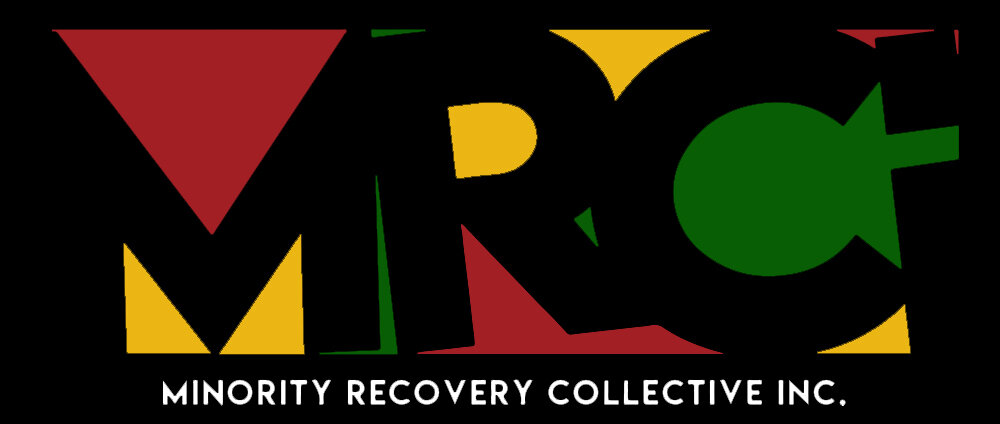Recovery is a process of change through which individuals improve their health and wellness, live a self-directed life, and strive to reach their full potential.
- Substance Abuse and Mental Health Services Administration (SAMHSA)
Because alcohol (and substance use in general) have been normalized by pop culture and is now embedded into the majority of social activities, those in recovery often feel that their social life is lacking. Making it that much harder to maintain a healthy lifestyle, while reinforcing isolation and other detrimental behaviors.
With the recent surge of recovery programs and supports in response to the opioid epidemic, COVID-19 pandemic, and rampant violence, Founder Natasha Cheatham realized that current practices tend to neglect the culture and voice of traditionally marginalized individuals, families and communities. In addition, the support for emotional and social skills (re)development outside of 12 Step Programs was lacking.
As Certified Peer Support Specialists, our Co-Founders, with the help of dedicated members, partners and volunteers, have developed programs and services that are culturally competent and curated, while promoting the significance of peer support.
Our programs and services have four main focus areas:
that guide us in our dedication to fostering the healing and sustained wellness of black families and communities.
MRCI utilizes evidence-based intervention, prevention, and peer support strategies and curates them for Black people, Indigenous people, People of Color, and other traditionally exploited groups.
